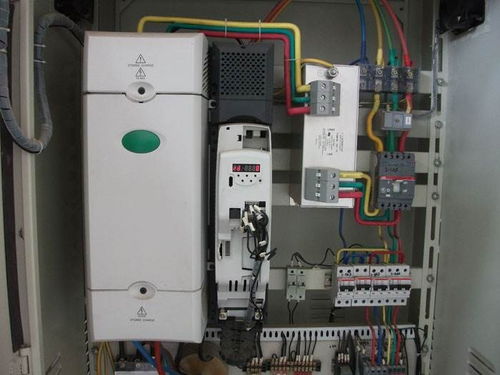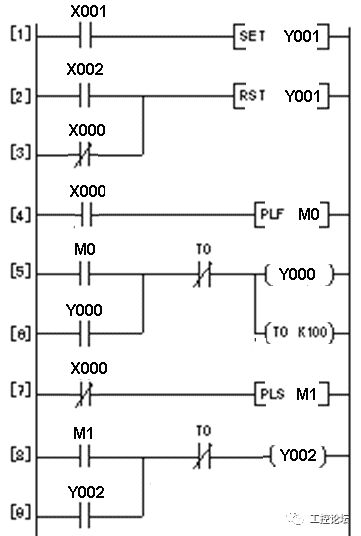Title: Understanding and Implementing DCS Programming Guidelines
DCS (Distributed Control System) programming refers to the process of designing, implementing, and maintaining software applications that control industrial processes within various sectors such as manufacturing, oil and gas, power generation, and more. These systems are crucial for automating complex processes and ensuring efficient operations.
DCS programming typically involves the following key components:
- Control Logic: This includes the algorithms and decisionmaking processes that govern the behavior of the industrial system.
- HumanMachine Interface (HMI): The interface through which operators interact with the DCS, monitoring processes and making adjustments as needed.
- Communication Protocols: Protocols such as Modbus, Profibus, or Ethernet/IP facilitate communication between various devices within the DCS.
- Redundancy and Fault Tolerance: DCS systems often incorporate redundancy and fault tolerance mechanisms to ensure continuous operation and minimize downtime.
Adhering to best practices is essential for developing reliable and efficient DCS programs:
- Modularity: Break down the control logic into modular components, making the system easier to understand, maintain, and troubleshoot.
- Documentation: Comprehensive documentation of the DCS program, including design specifications, logic diagrams, and version control, is crucial for future reference and troubleshooting.
- Testing and Simulation: Thoroughly test the DCS program in a simulated environment to identify and rectify any errors or anomalies before deployment.
- Security: Implement robust security measures to protect the DCS from unauthorized access, tampering, or cyber threats.
- Performance Optimization: Continuously optimize the DCS program for performance and efficiency, considering factors such as response time, resource utilization, and scalability.

When implementing DCS programming, consider the following guidelines:
- Understand the Process: Gain a deep understanding of the industrial process being controlled by the DCS to develop accurate and effective control logic.
- Collaboration: Foster collaboration between control engineers, process engineers, and operators to ensure the DCS meets the requirements of all stakeholders.
- Version Control: Implement version control mechanisms to track changes to the DCS program and facilitate rollbacks if necessary.
- Training: Provide comprehensive training to operators and maintenance personnel to ensure they understand how to operate and troubleshoot the DCS system effectively.
- Compliance: Ensure that the DCS programming complies with relevant industry standards, regulations, and safety guidelines.
DCS programming plays a vital role in automating and optimizing industrial processes across various sectors. By adhering to best practices and guidelines, developers can create robust, efficient, and reliable DCS programs that contribute to improved productivity, safety, and operational efficiency.
版权声明
本文仅代表作者观点,不代表百度立场。
本文系作者授权百度百家发表,未经许可,不得转载。











